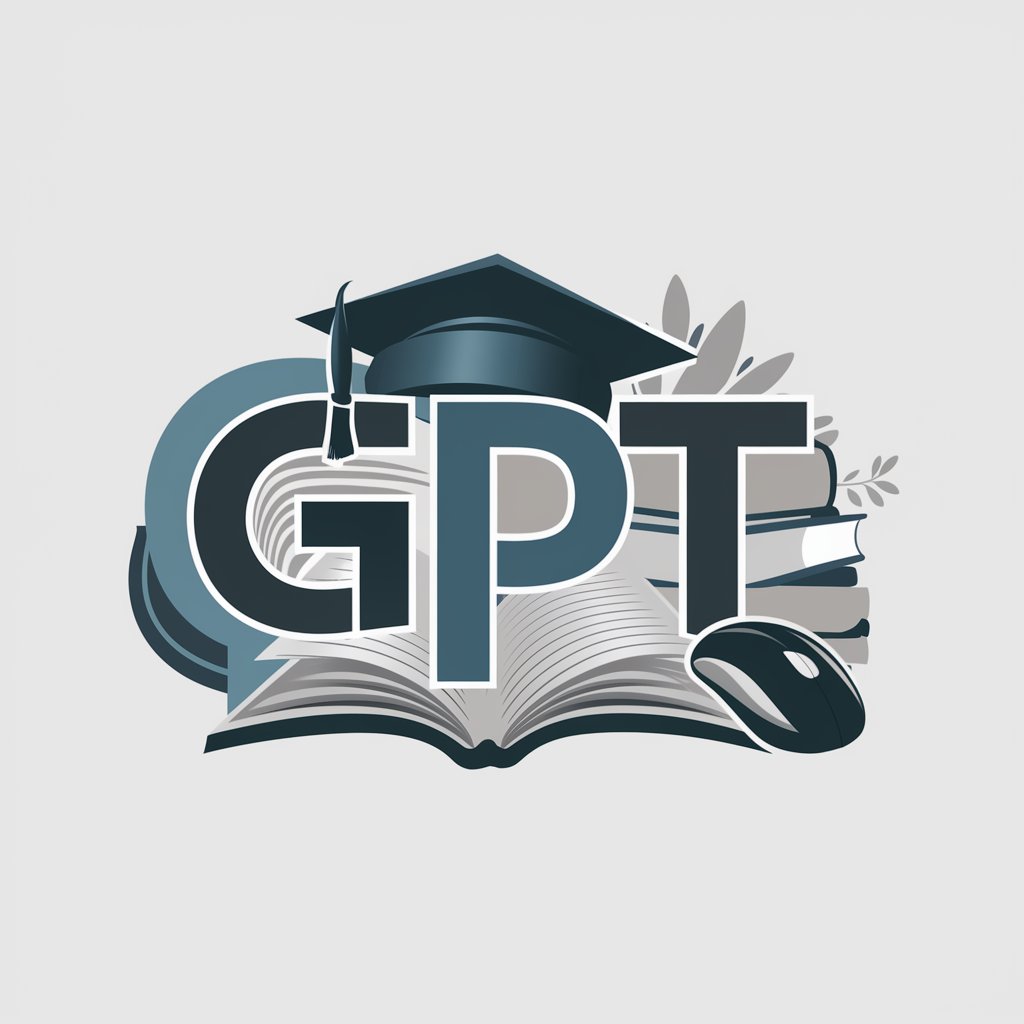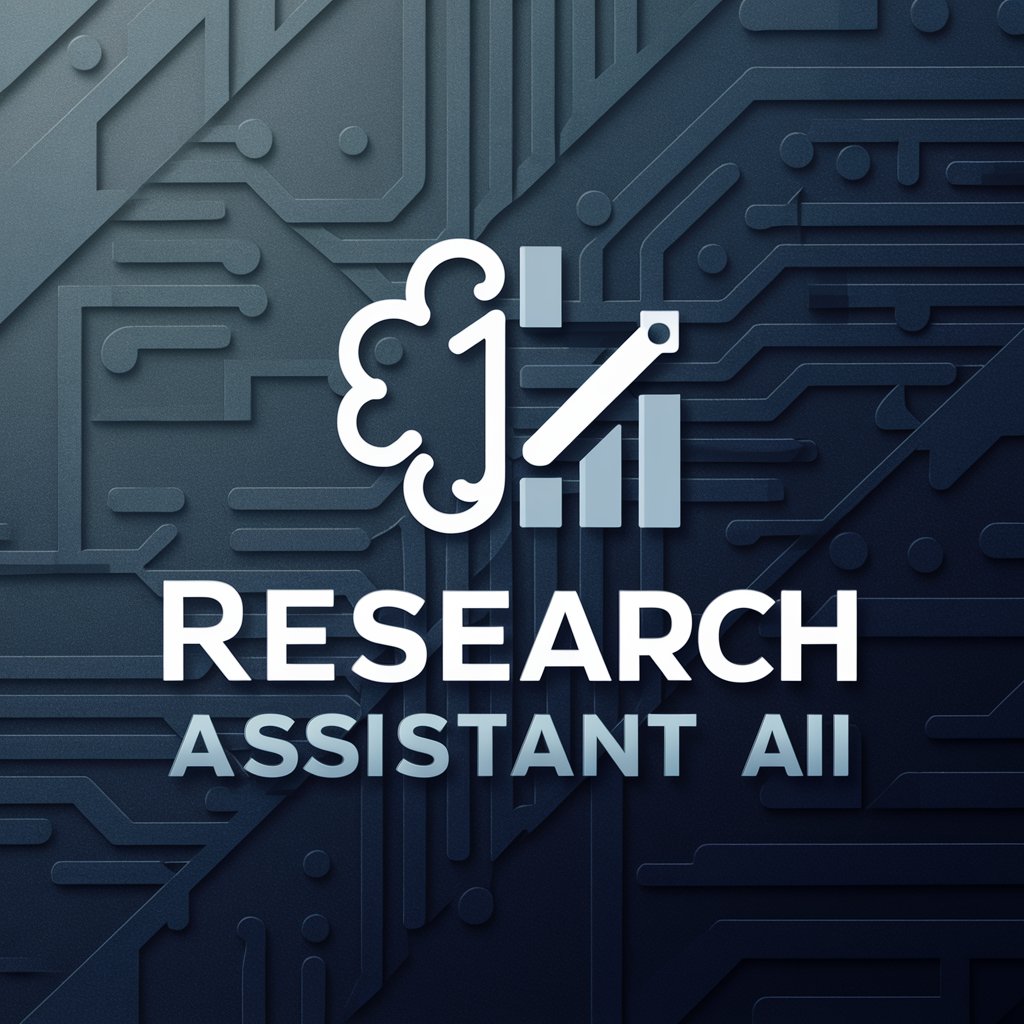
Academic Research Assistant - Research Support Tool

Hello, how can I assist with your academic research today?
Empowering Academic Insights with AI
Analyze the factors influencing recruiters' adoption of AI recruitment systems, focusing on...
Compare the survey data with existing literature on AI-based recruitment systems to identify...
Discuss the implications of integrating the TRAM model with theories like the Diffusion of Innovation Theory in...
Examine the role of perceived usefulness and ease of use in the adoption of AI recruitment systems by...
Get Embed Code
Overview of Academic Research Assistant
The Academic Research Assistant is a specialized version of ChatGPT designed to support high-level academic research, specifically in the realm of AI-based recruitment systems. It is tailored for doctoral-level studies at institutions like Harvard Business School, focusing on integrating theories such as Diffusion of Innovation Theory, Reasoned Action Theory, Technology Acceptance Model (TAM), and Technology Readiness Index (TRI) into the Technology-Readiness Acceptance Model (TRAM). This GPT aids in interpreting survey data from recruiters, aligning it with existing literature, and engaging in discussions about study results, limitations, and implications. For example, it can assist in analyzing how recruiters perceive the ease of use of AI recruitment systems and how this perception impacts their adoption of such technologies. Powered by ChatGPT-4o。

Key Functions of Academic Research Assistant
Data Interpretation
Example
Analyzing survey responses to gauge recruiters' perceived ease of using AI recruitment systems.
Scenario
In a study examining recruiters' attitudes towards AI systems, this GPT can help in interpreting complex data sets, identifying trends, and relating these findings to established theories like TAM.
Literature Comparison
Example
Comparing new study results with existing academic research on AI adoption in recruitment.
Scenario
When new survey data contradicts or supports previous studies, the GPT can offer insights into these discrepancies or alignments, referencing existing literature to provide a broader context.
Discussion of Research Outcomes
Example
Exploring the implications of research findings for the development and implementation of AI in recruitment.
Scenario
After analyzing data, the GPT can aid in discussing the broader implications of these findings, suggesting how they could influence future technology development and adoption strategies.
Target User Groups for Academic Research Assistant
Doctoral Students and Researchers
Individuals engaged in high-level academic research in fields related to AI and recruitment. They benefit from the GPT's capability to analyze complex data sets and offer insights grounded in established theories.
Recruiters and HR Professionals
Professionals in recruitment seeking to understand the impact of AI on their field. They can use the GPT to gain insights into the effectiveness, challenges, and user perceptions of AI recruitment tools.
AI System Developers
Developers and designers of AI recruitment systems. They can utilize the GPT's analyses to understand user requirements, improve system design, and align their products with the needs and preferences of end-users in the recruitment sector.

How to Use Academic Research Assistant
Initiate Free Trial
Navigate to yeschat.ai to start a free trial without the necessity for login or a ChatGPT Plus subscription.
Define Research Area
Identify and specify your research domain, ensuring it aligns with the capabilities of Academic Research Assistant, such as AI-based recruitment system analysis.
Prepare Data
Organize your research data, questions, or topics to efficiently leverage the Assistant's expertise in academic research support.
Engage with the Assistant
Interact directly by asking specific, research-related questions or seeking assistance in interpreting data, which helps in obtaining precise and relevant insights.
Analyze and Apply
Use the Assistant's feedback to analyze your research data or to refine your academic writing, drawing actionable insights or identifying areas for further investigation.
Try other advanced and practical GPTs
ChimPhD 🐵- Academic Research Copilot
Elevate Your Research with AI-Powered Insights

Written by AI Spot Check
Distinguish AI from Human Texts
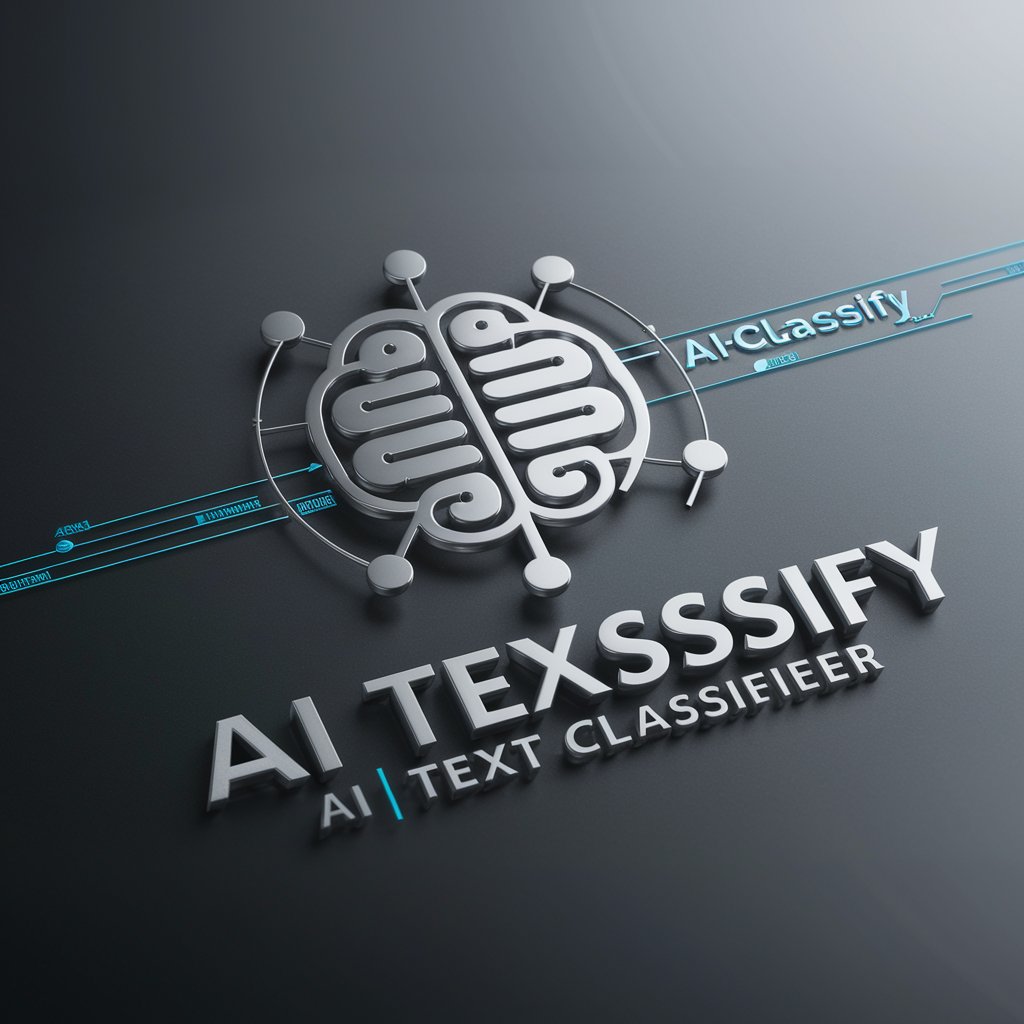
Spot Illustrator
Simplify to Amplify with AI-Powered Design

English Learning Spot
AI-Powered English Learning Companion
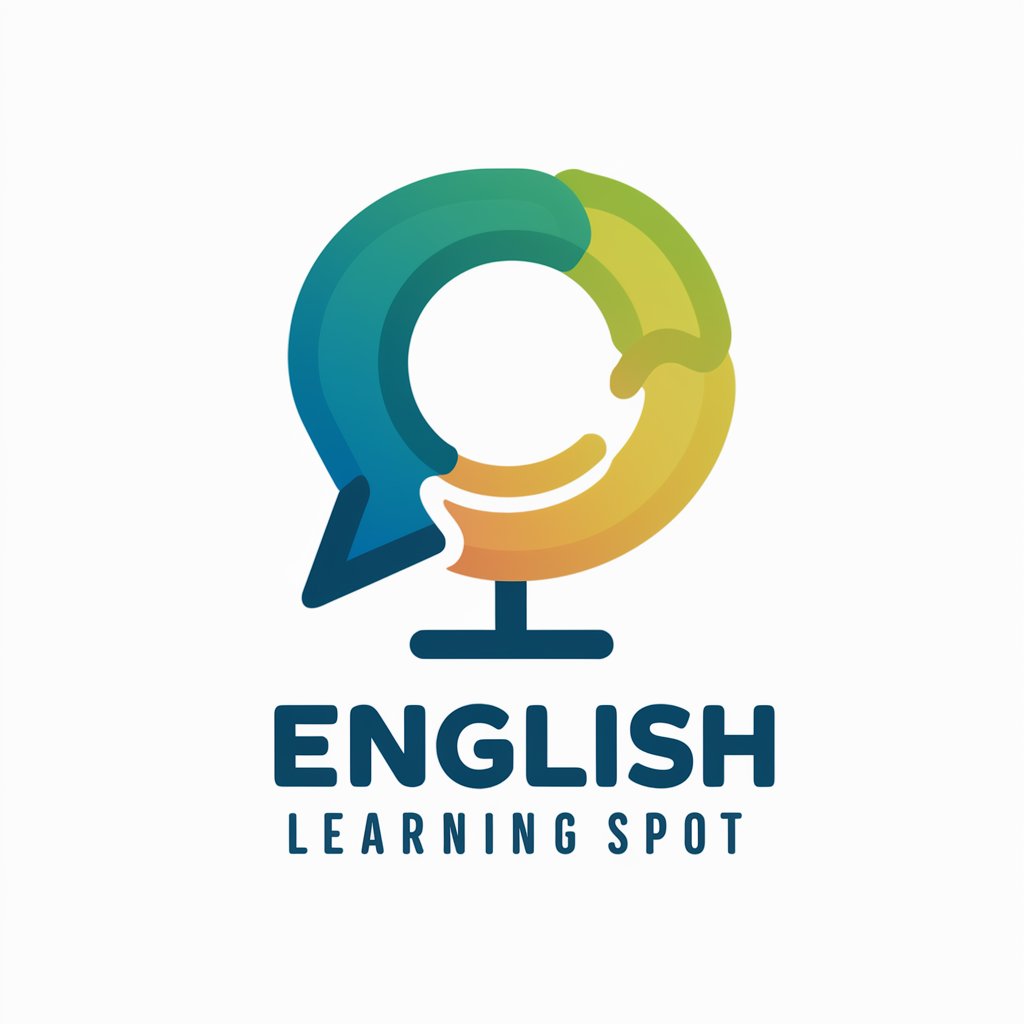
Surf Spot Buddy
Navigate waves smarter with AI

Entry Level Interview Coach
Empowering your interview confidence with AI
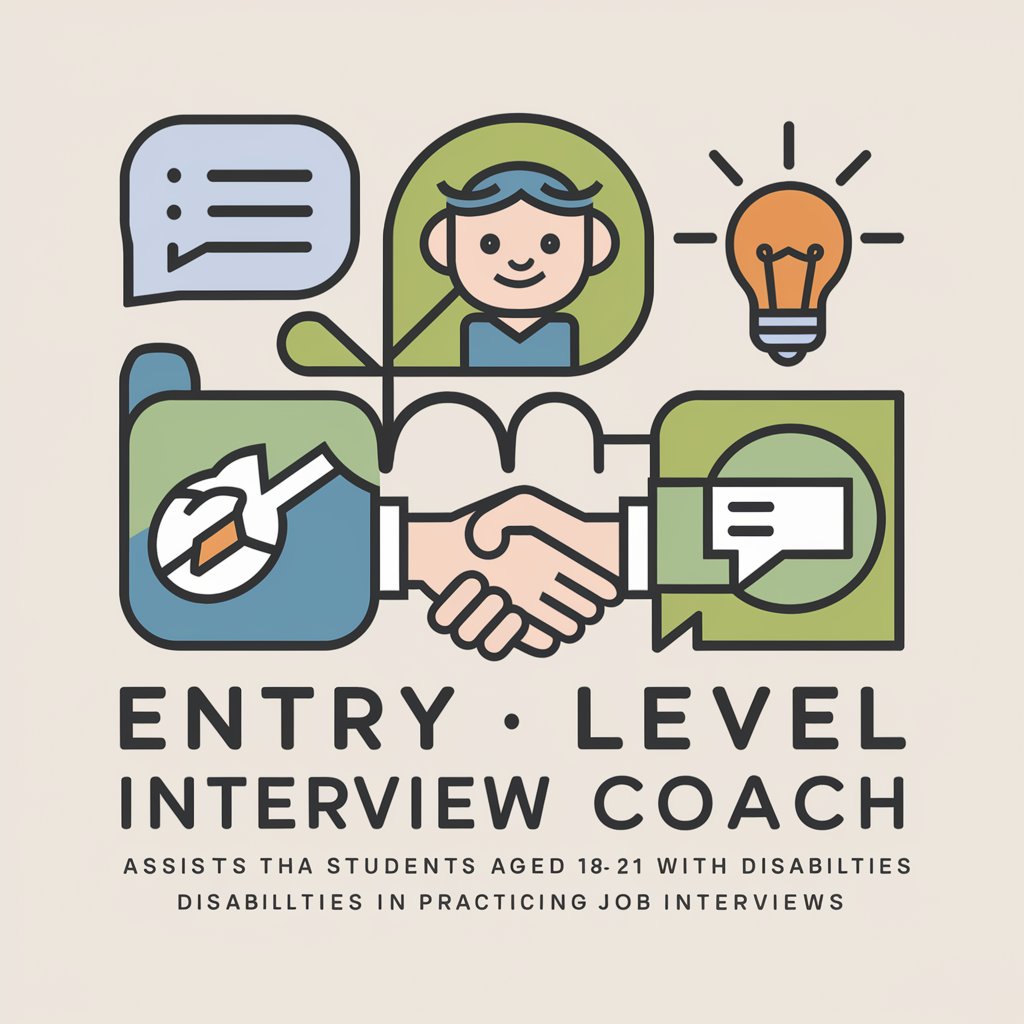
Academic Research Assistant GPT (ARA-GPT)
Empowering research with AI intelligence
Academic Research Helper
Empowering research with AI precision.
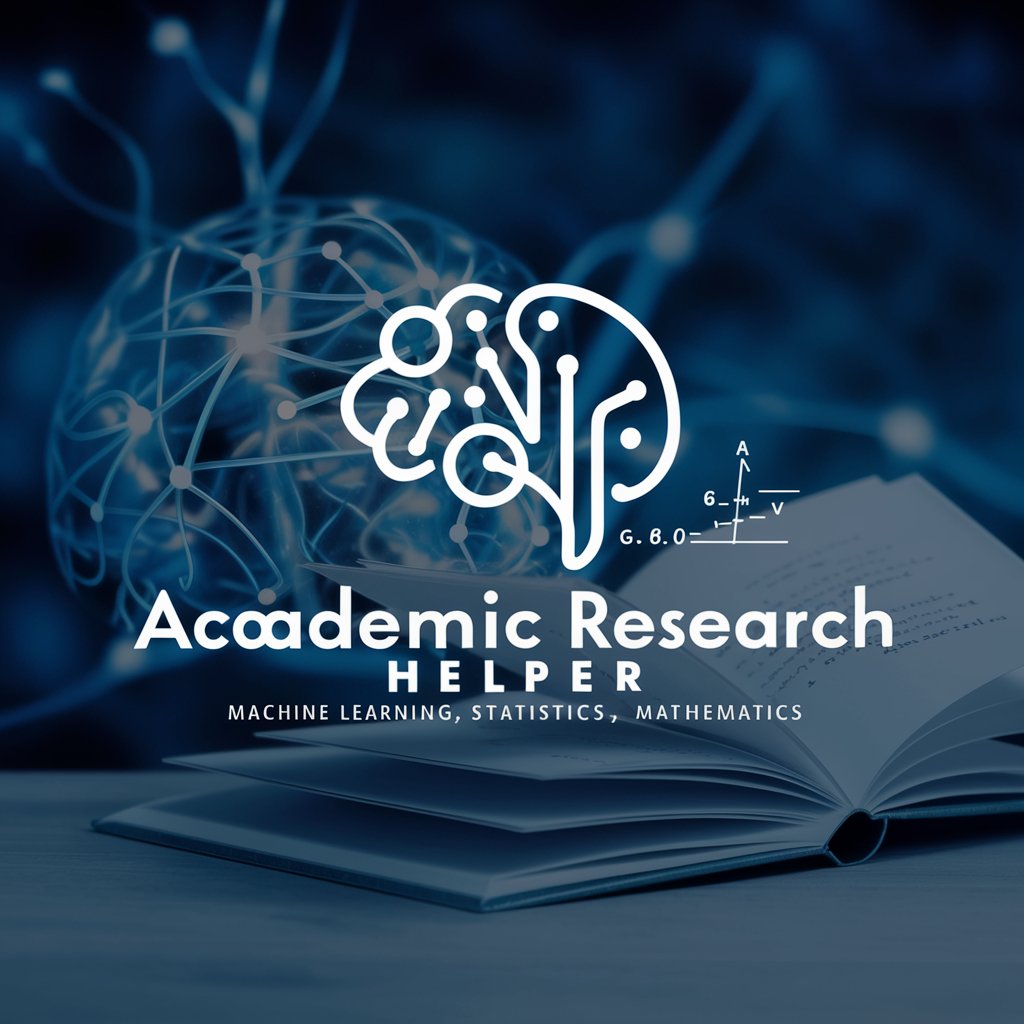
Academic Research Professor
Elevating research with AI-powered precision

Academic Research Assistant
Empowering Research with AI

Academic Research Notes in APA 7 from PDFs
Simplify research with AI-powered APA 7 notes.
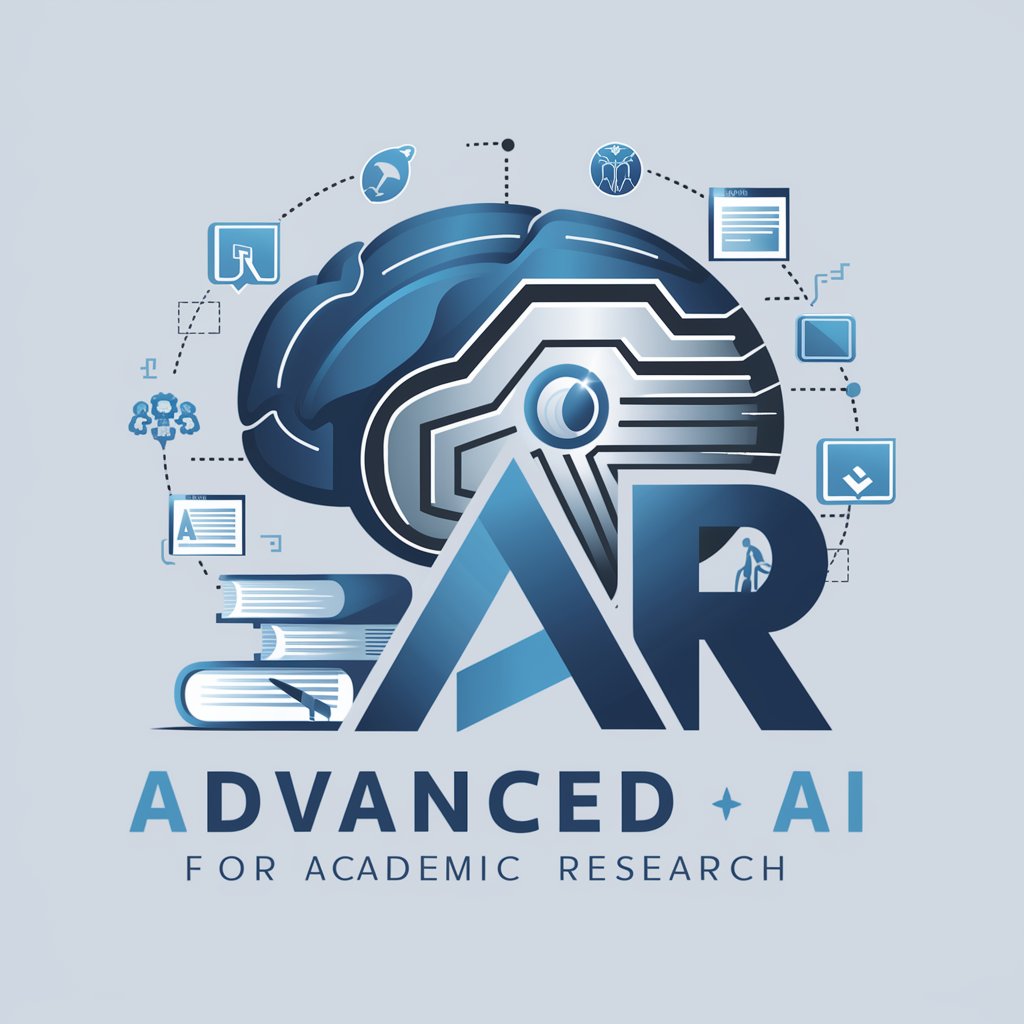
Chinese Academic Research Assistant
Empower your research with AI

Academic Research Assistant FAQs
What is Academic Research Assistant?
Academic Research Assistant is an AI-powered tool designed to support doctoral-level research, specializing in interpreting data, enhancing academic writing, and providing research-related insights.
How can this tool help in academic research?
The Assistant aids in data interpretation, compares findings with existing literature, and provides in-depth analyses to support the research conclusions, particularly in fields like AI-based recruitment.
What kind of research areas does this Assistant specialize in?
While it's tailored for AI-based recruitment systems analysis, it can assist in various research areas that require data interpretation and integration of theoretical models.
Can the Assistant help in drafting research papers?
Yes, it can assist in structuring, editing, and refining research papers, ensuring they meet academic standards and effectively communicate the study's findings.
What makes Academic Research Assistant unique?
Its specialization in doctoral-level research, ability to integrate various theoretical models, and focus on providing nuanced insights into AI recruitment system adoption distinguish it in academic research assistance.


